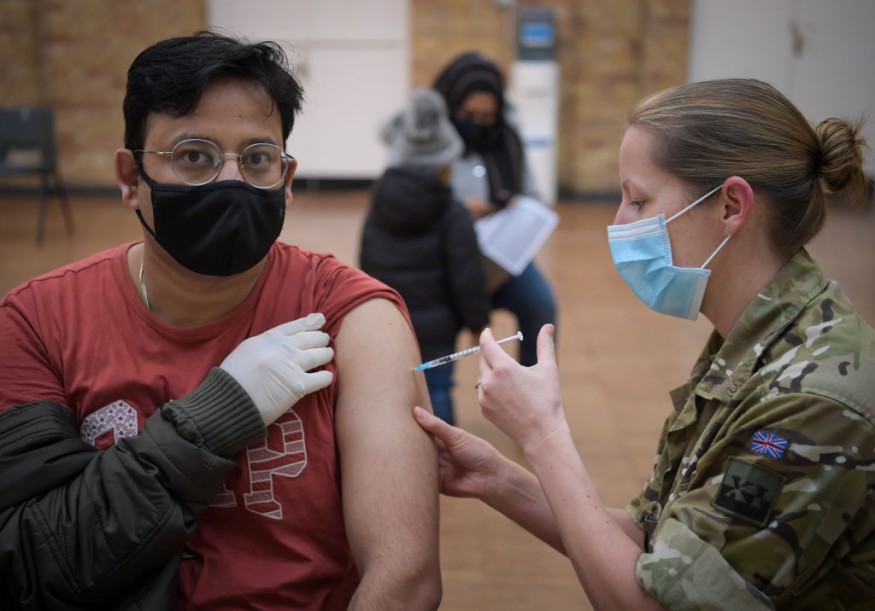COVID-19 breakthrough infections in patients who already received a full dose of vaccinations are more likely to be milder compared to individuals who were administered with partial dose or unvaccinated, a new study says.
COVID-19 cases are still surging for the past few months. According to a report by EurekAlert, the population confirmed with the coronavirus exceeded 270 million. The mortality rate from the patients was observed at approximately 2 percent.
COVID-19 Vaccines and the Severity of Coronavirus Infection

COVID-19 vaccines are still being relayed by the government as of today. In the midst of the pandemic, being vaccinated is still the most effective approach to shield the greater population against the criticality of the coronavirus infection. The vaccines, however, do not offer a 100 percent totality of solution to preventing illnesses.
Breakthrough infections are the diagnosis of severe acute respiratory syndrome coronavirus 2 (SARS-CoV-2) ribonucleic acid (RNA). Typically, this infection is detected from specimens retrieved from COVID-19 patients 14 days or more following the administration of complete COVID-19 vaccine dosage.
Breakthrough cases are spiking today due to the effects of the new, highly transmissible COVID-19 variant called omicron. Being equipped with full awareness and studies revolving around the vaccines is necessary for people to know how it will impact public health and halt the imminent dangers of the coronavirus.
Pusan National University Hospital's Department of Radiology and Biomedical Research Institute expert Yeon Joo Jeong, who authored the study, said in a NewsMedical report that even if the risk of infection is low in the vaccinated population, clinical imaging data gathered from COVID-19 breakthrough cases are still unknown.
Full Vaccinated People Have Lower Severity of Breakthrough Infections Compared to PArtiall Vaccinated and Unvaccinated Groups
Joo Yeong explained that their new study focuses on the documentation about the clinical and imaging aspects extracted from the breakthrough cases. The information will then be compared with the statistics collected from unvaccinated individuals.
The cohort study allowed the scholars to analyze the open data repository for COVID-19 in Korea over adult patients between June and August of 2021. The baseline chest X-ray collection from the patients was divided into three separate groups, all relative to the vaccination status of the participants. Alongside the vaccines, other clinical factors such as outcomes of the infection were presented on the examination.
Out of the 761 patients investigated for the research, the average age was determined to be 47 years. Fifty-one percent or about 385 individuals were women, 6.2 percent or 47 were vaccinated, and 17 percent or 127 were partially vaccinated.
Chest CT scans were successfully conducted in 412 patients (54 percent) when hospitalized. Pneumonia was not found in 22 percent of the unvaccinated group, 30 percent of the partially vaccinated group, and 59 percent of the fully unvaccinated group.
The research concluded that there is an association between the risk of severe disease and the clinical status of patients. These categories include thrombocytopenia, diabetes, elevated LDH (lactate dehydrogenase), lymphocytopenia, C-reactive protein (CRP), and age.
Age was also an important predictor of COVID-19 severity in patients, including patients under breakthrough infection. The study was published in the journal Radiology, titled "Imaging and Clinical Features of COVID-19 Breakthrough Infections: A Multicenter Study."
RELATED ARTICLE : Medical Waste Due to COVID-19 Pandemic Poses Great Risk to Human and Environmental Health, WHO Warns
Check out more news and information on COVID-19 in Science Times.
© 2026 ScienceTimes.com All rights reserved. Do not reproduce without permission. The window to the world of Science Times.












